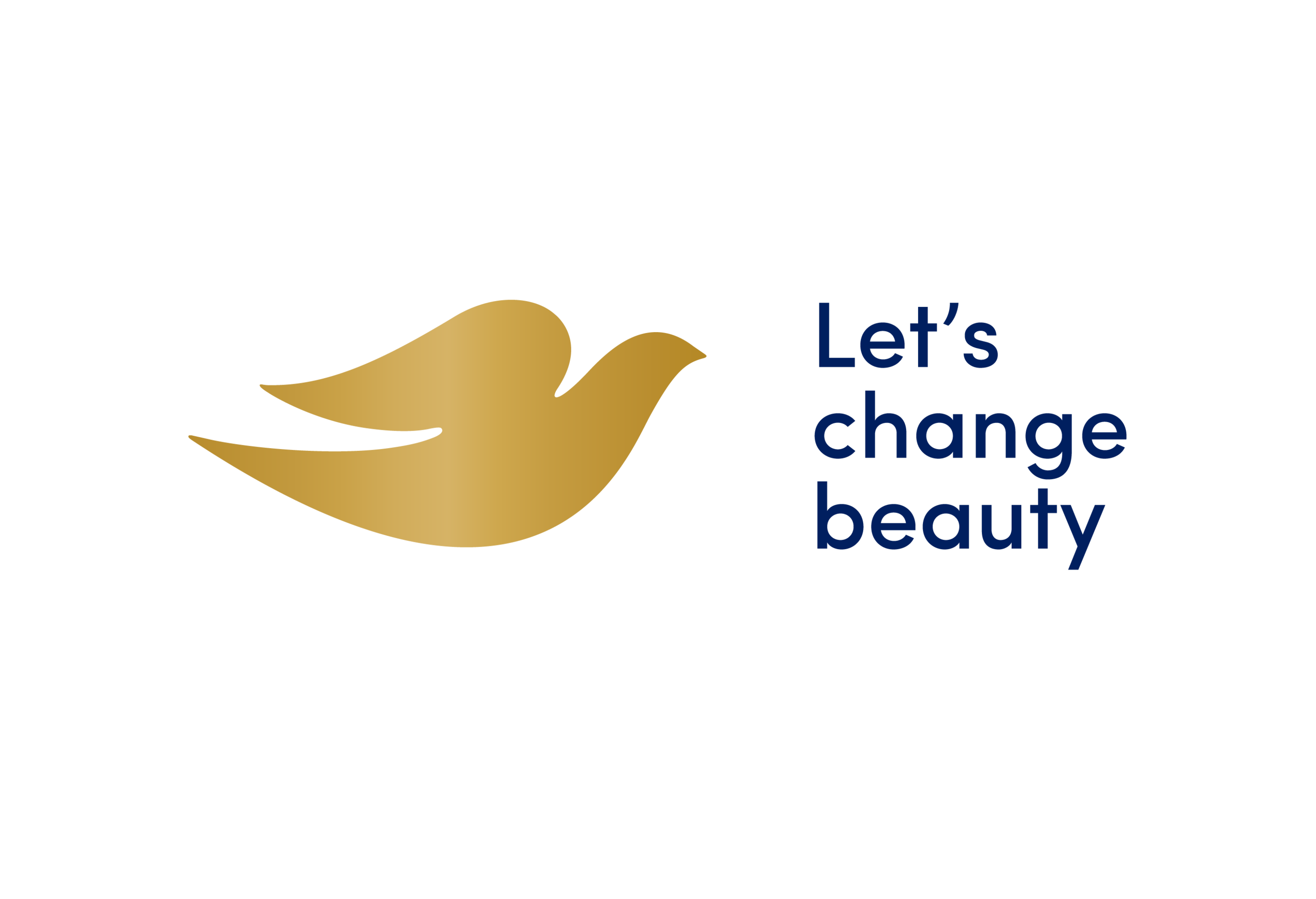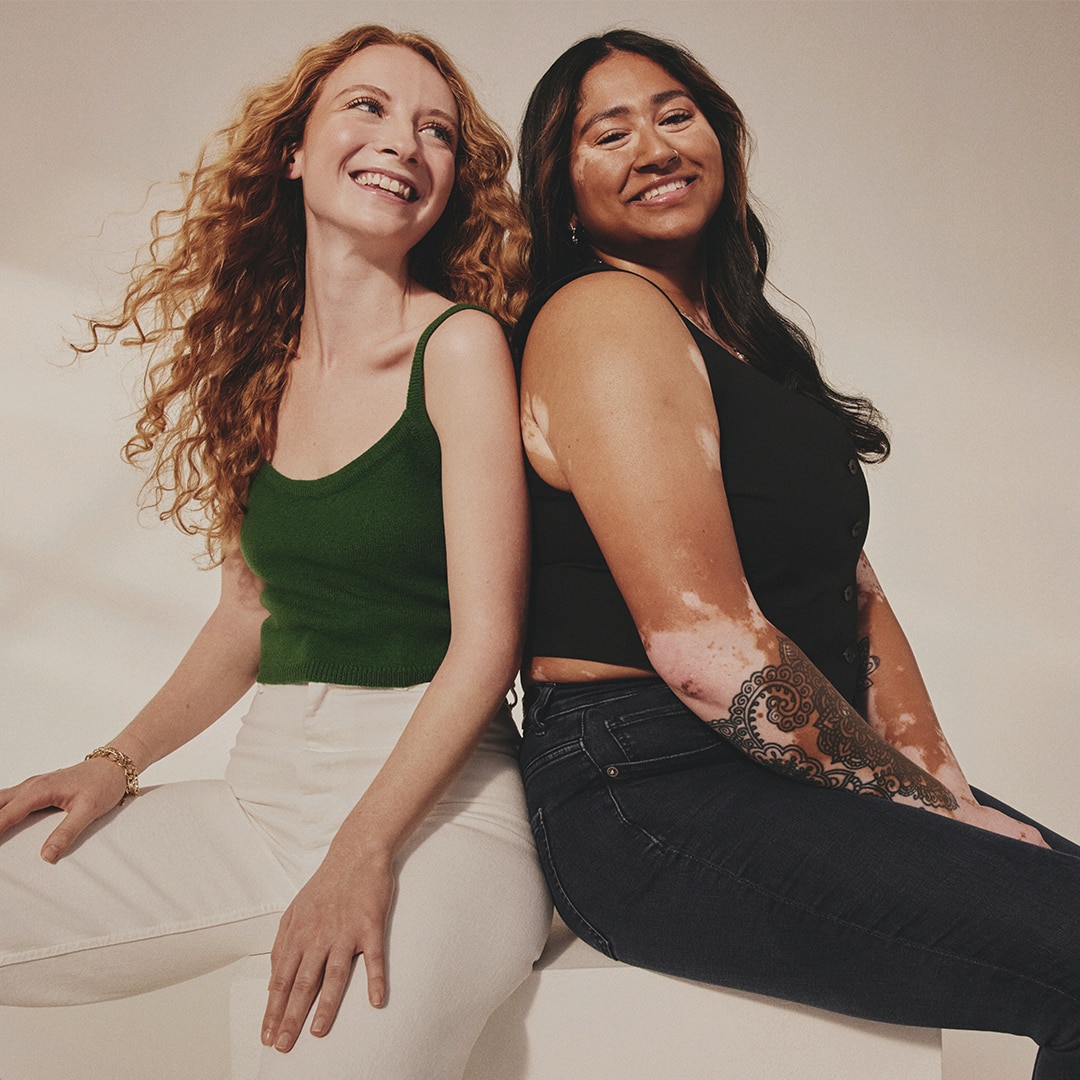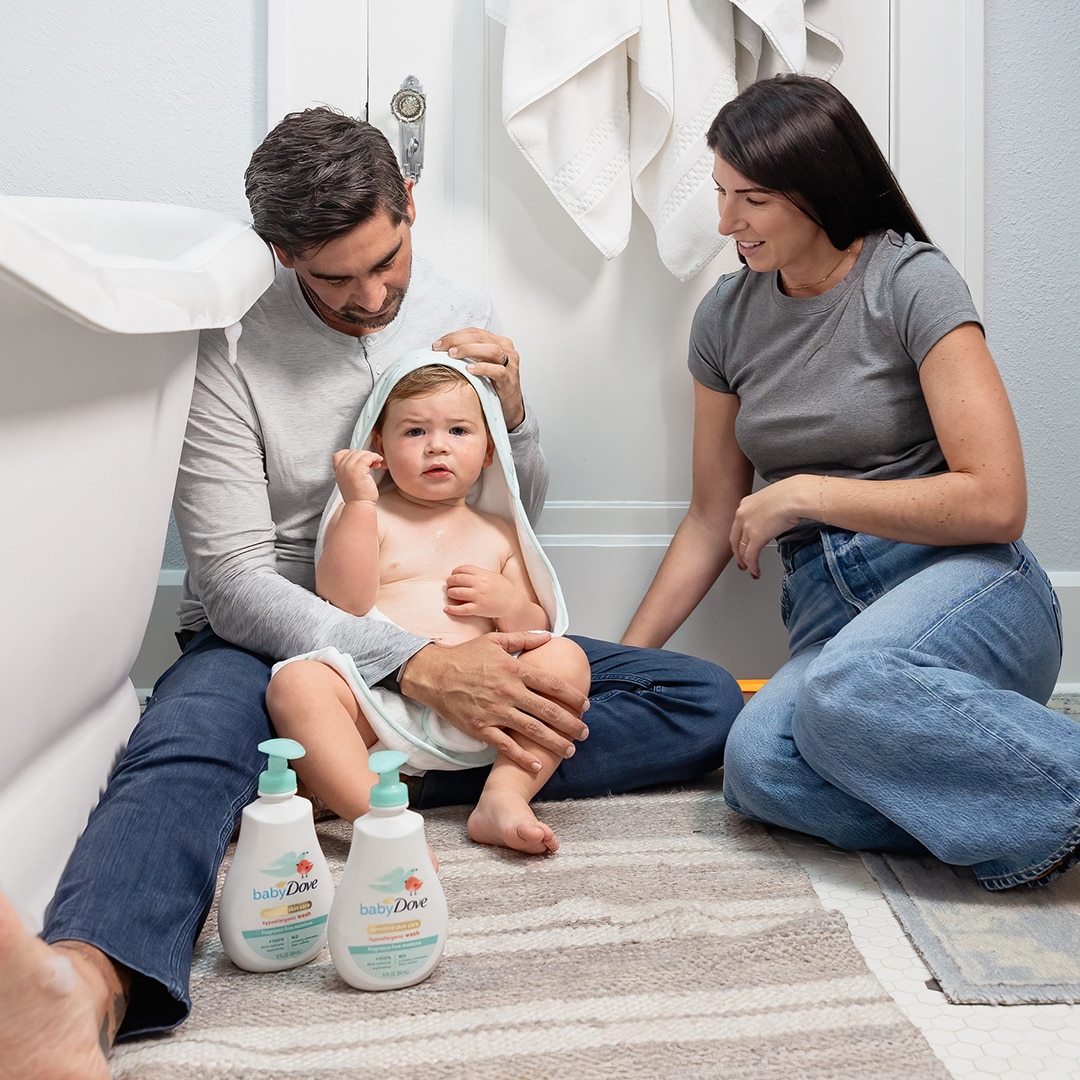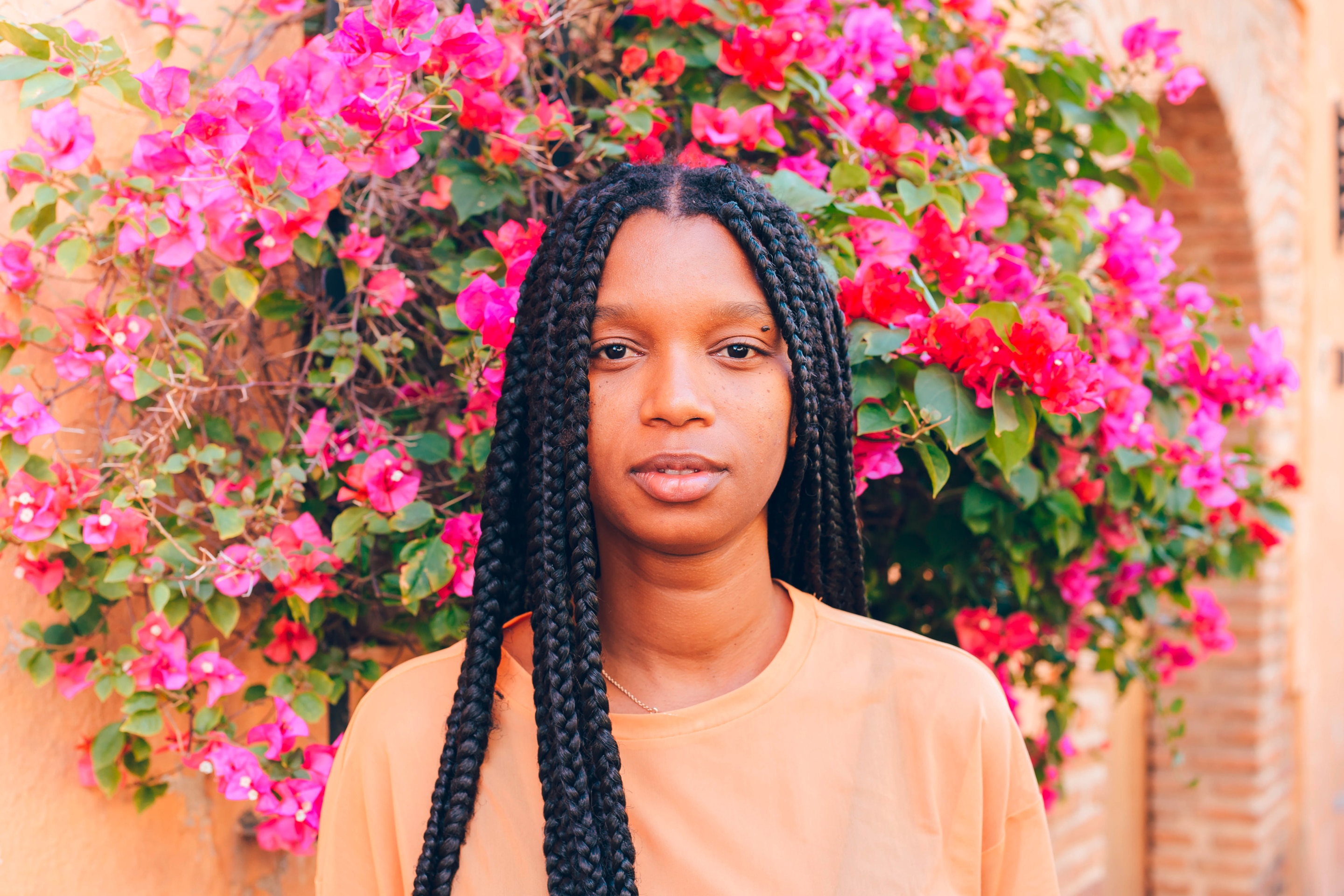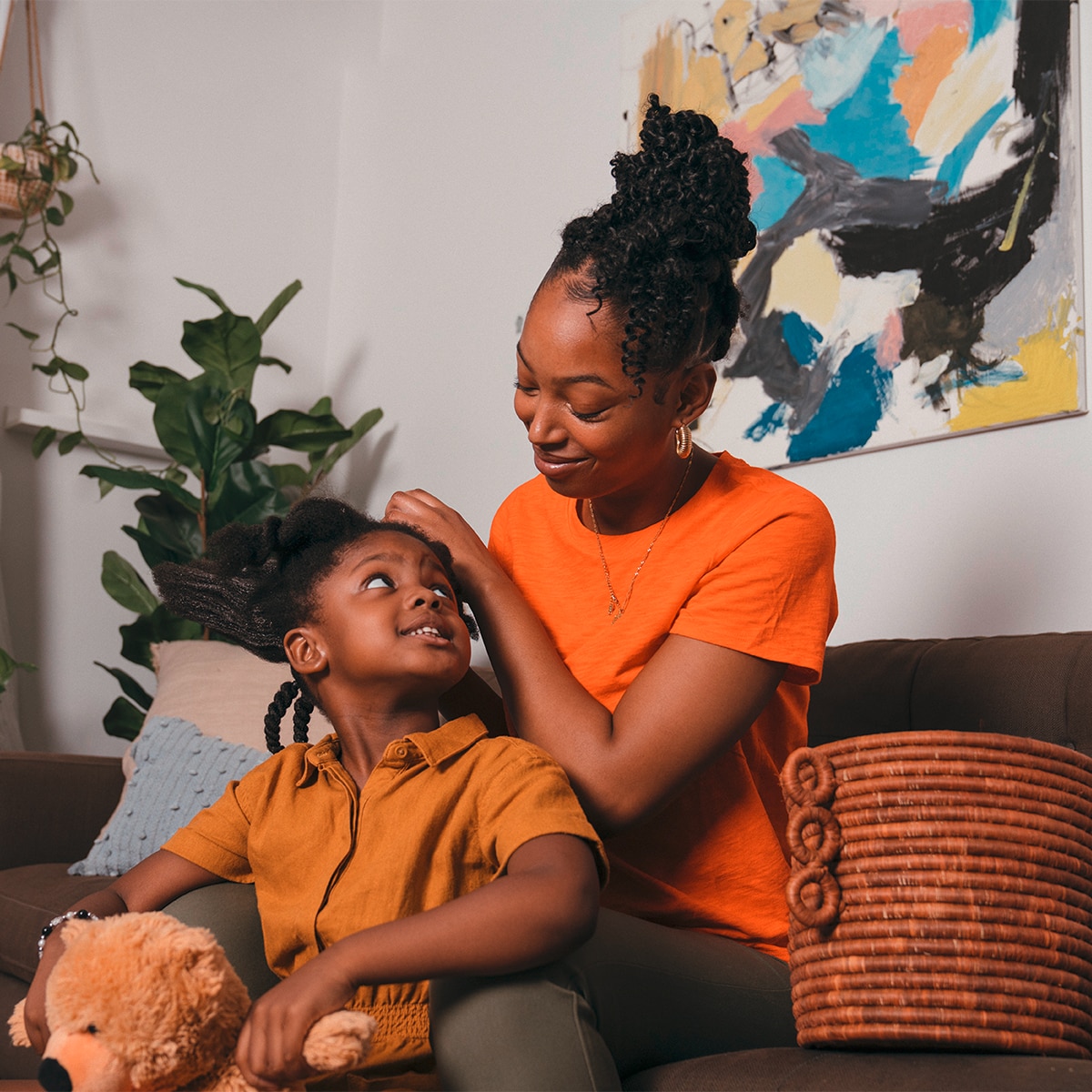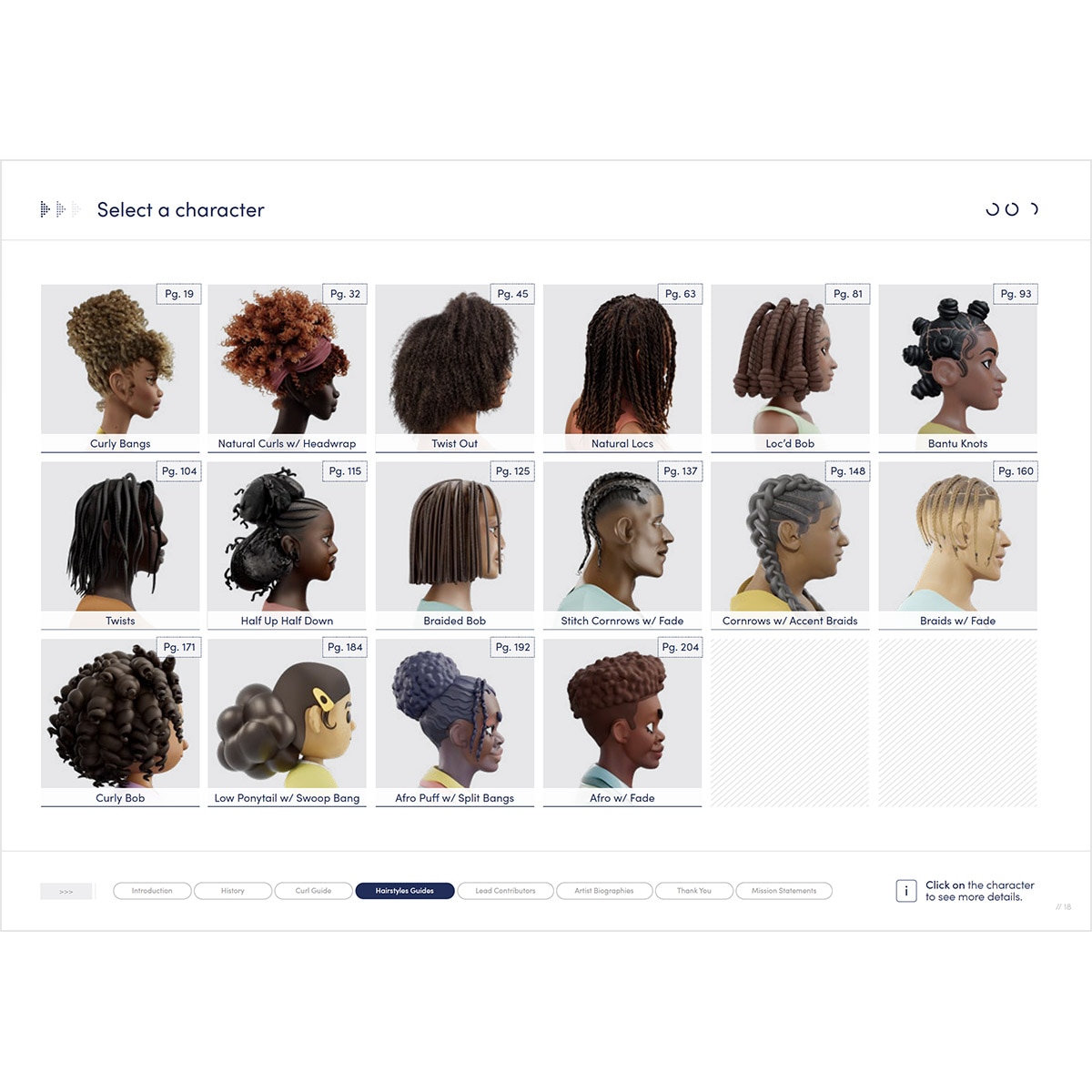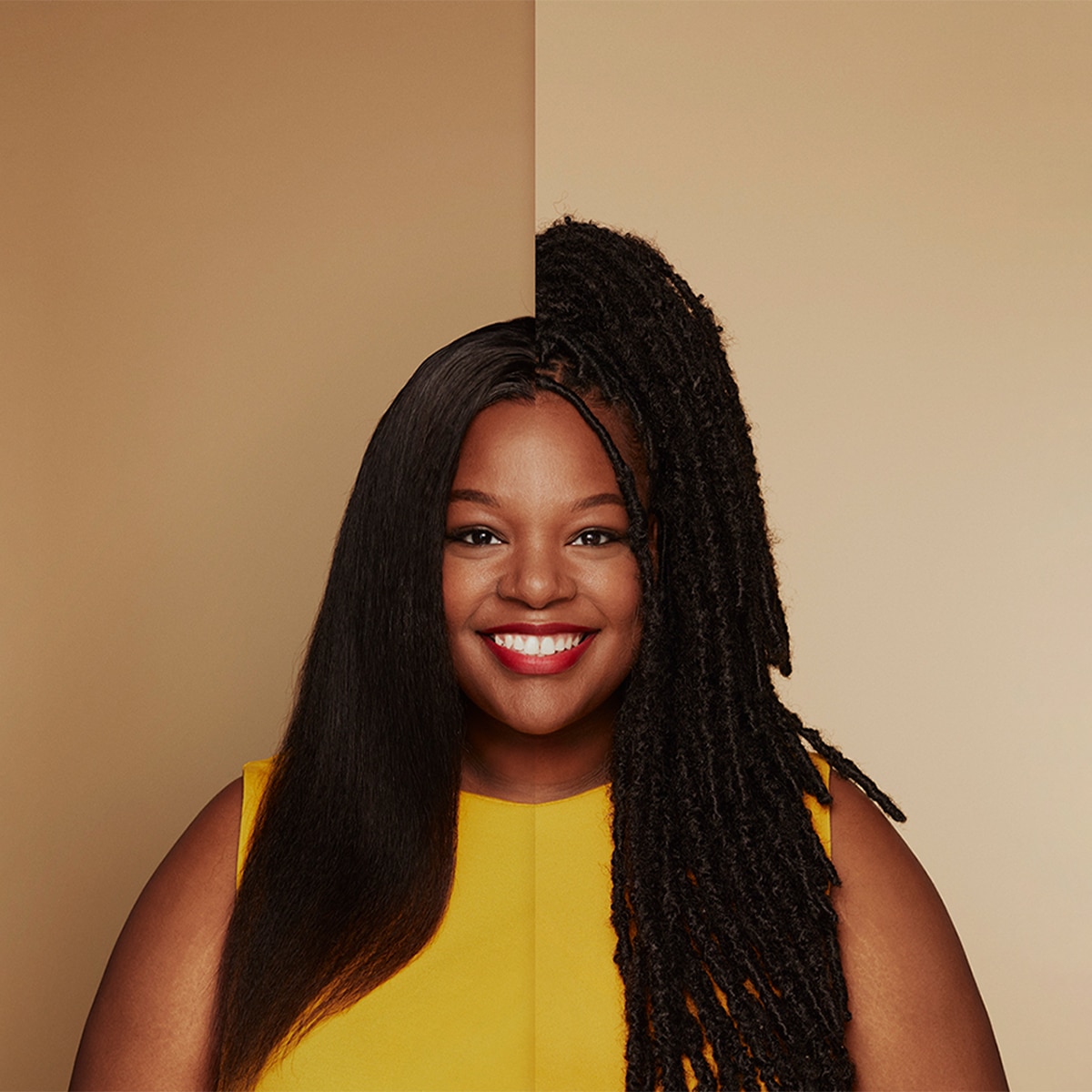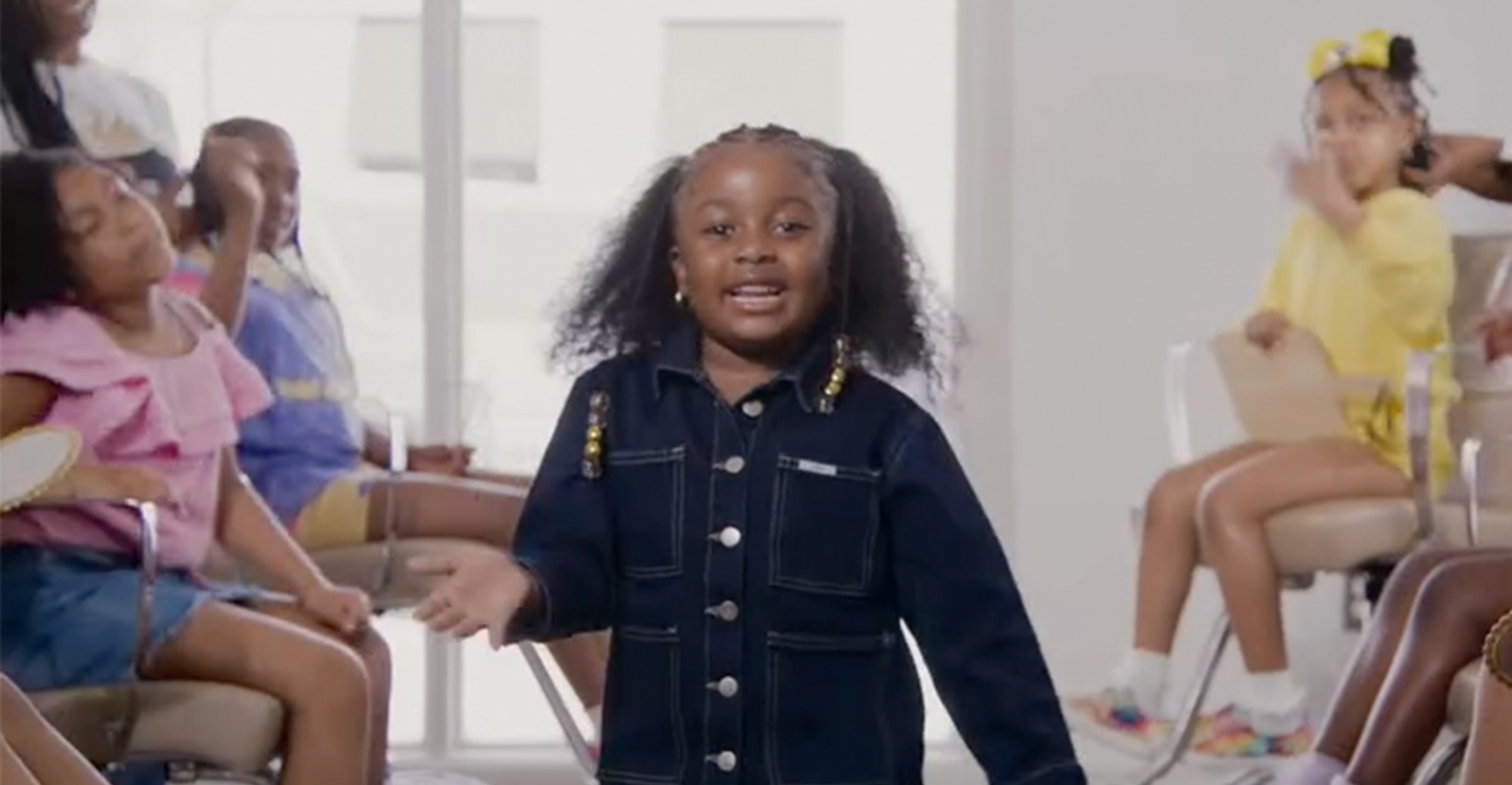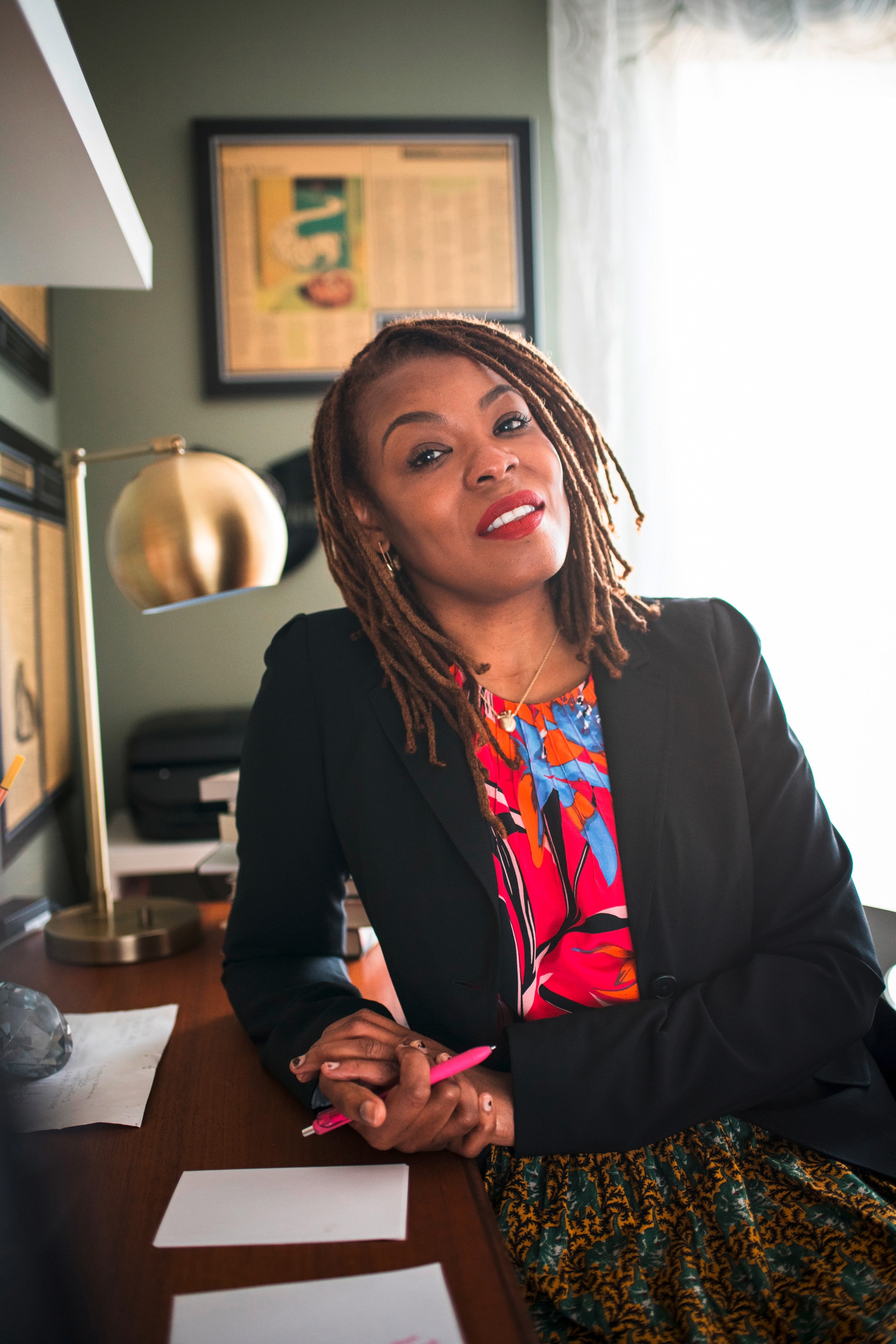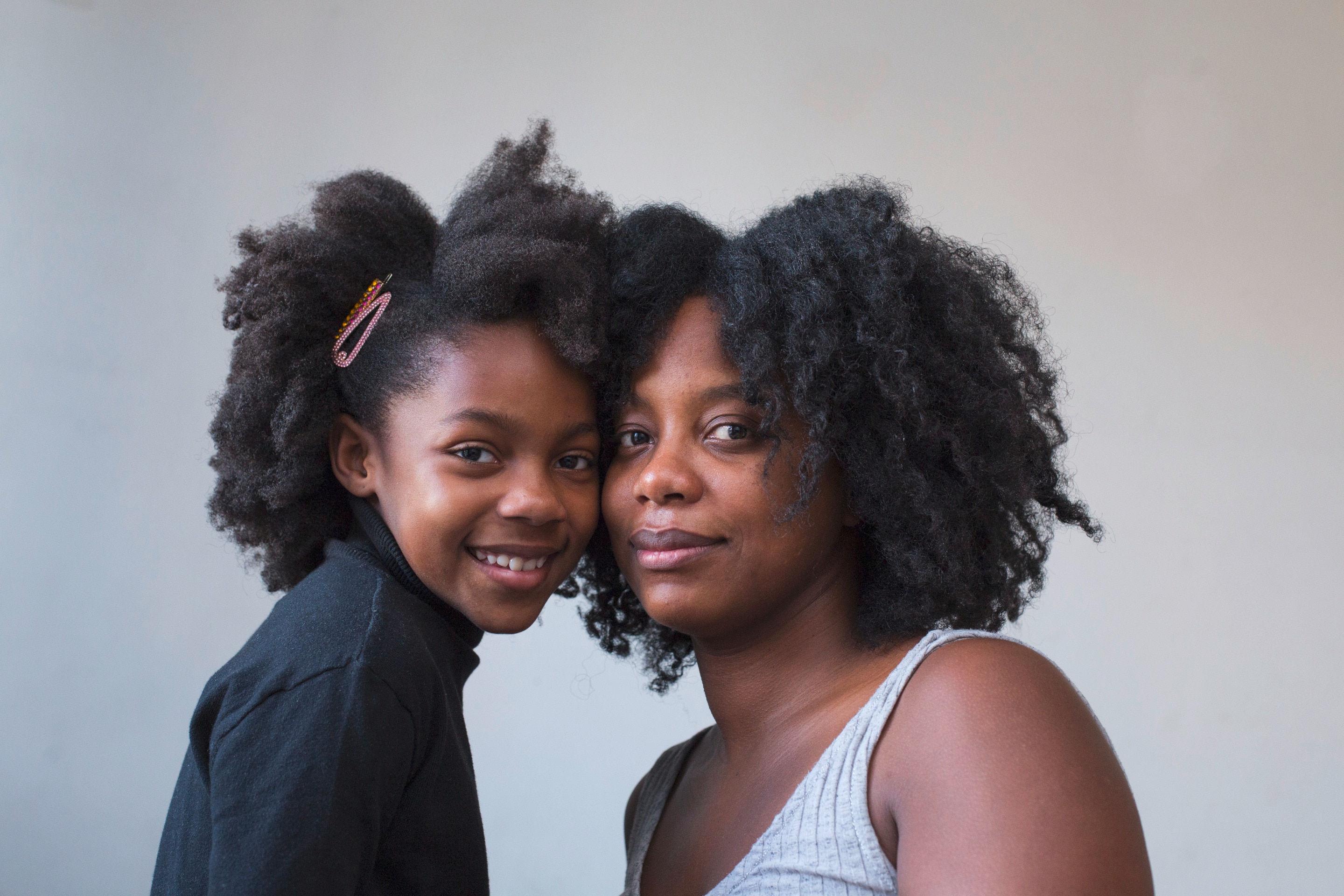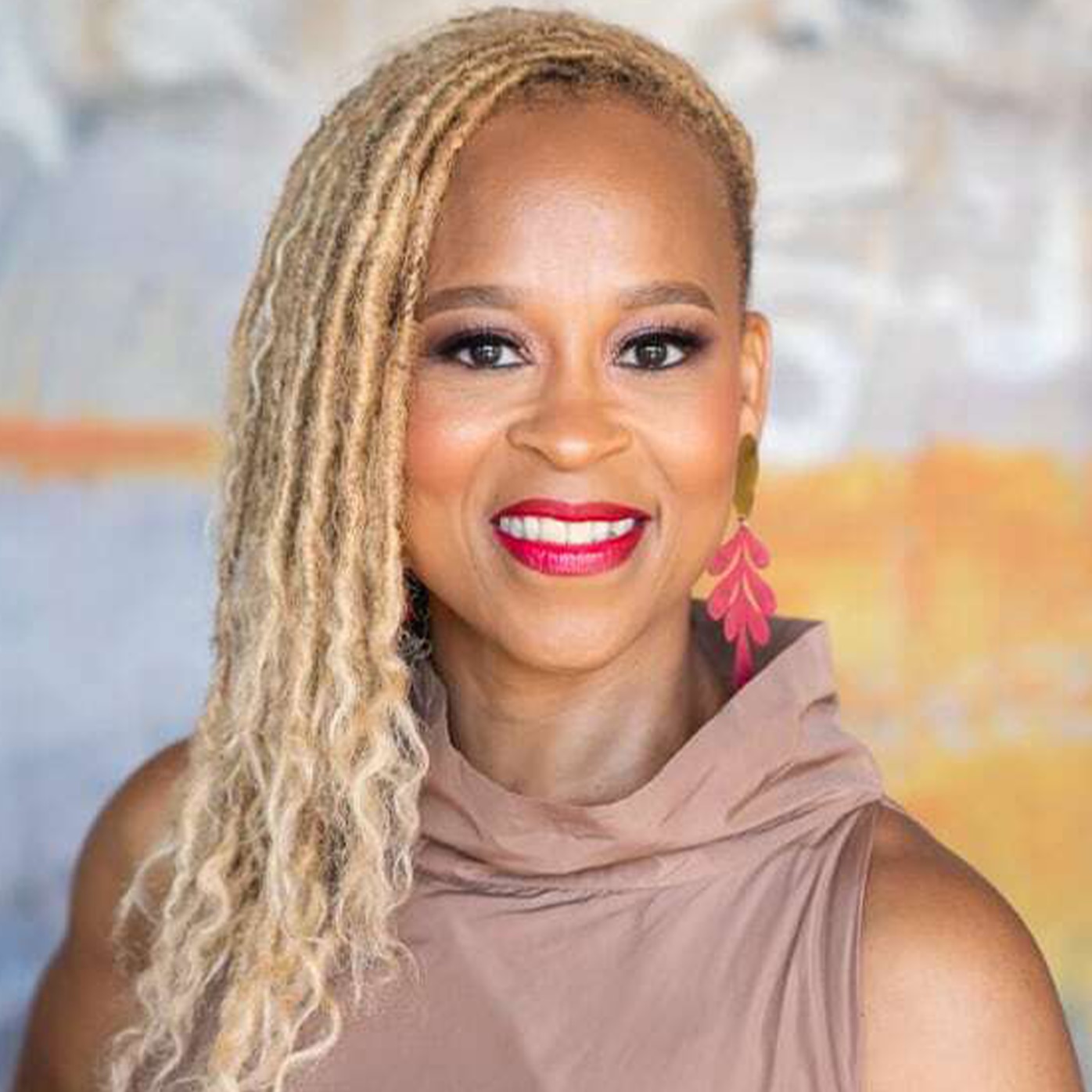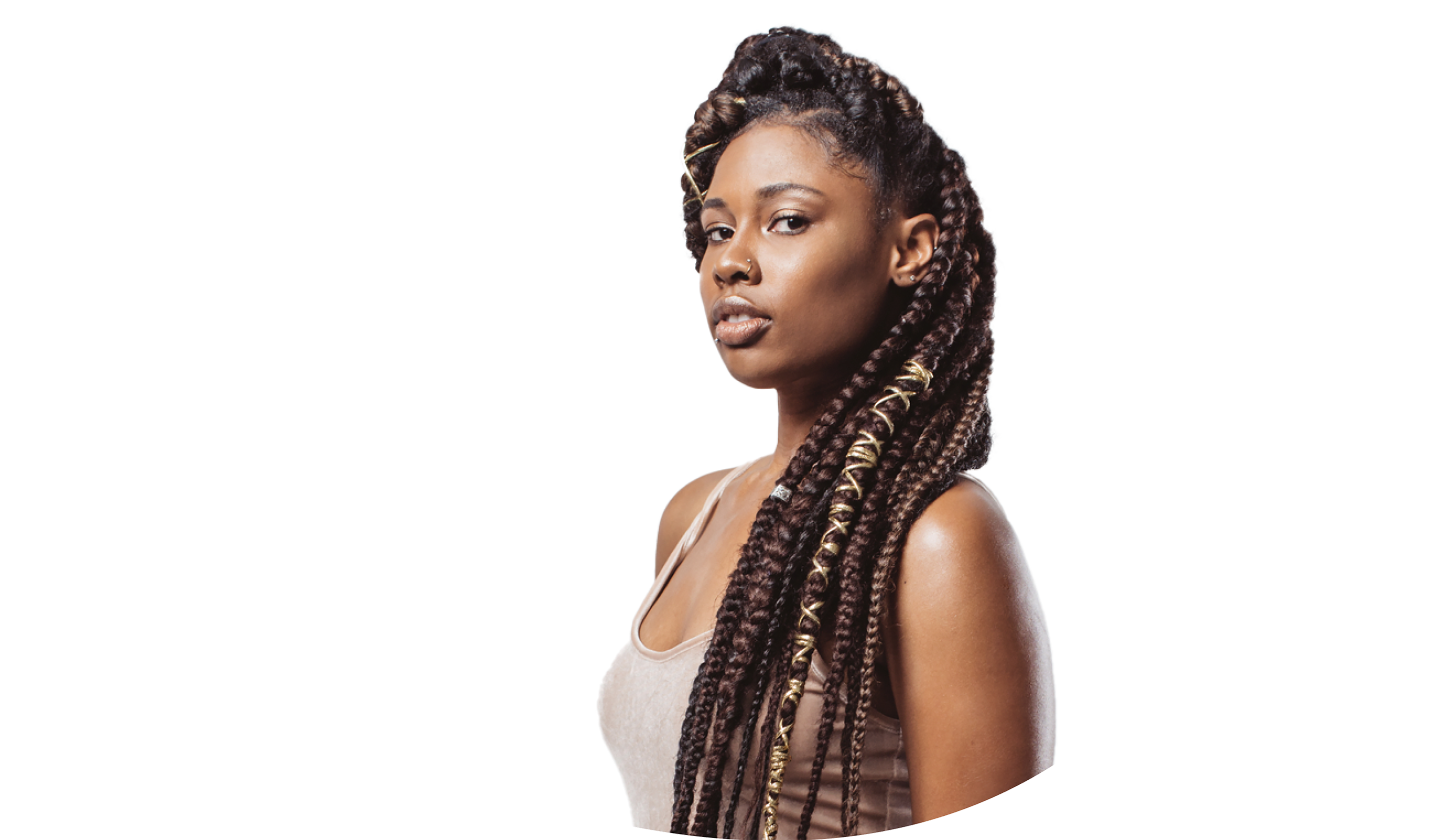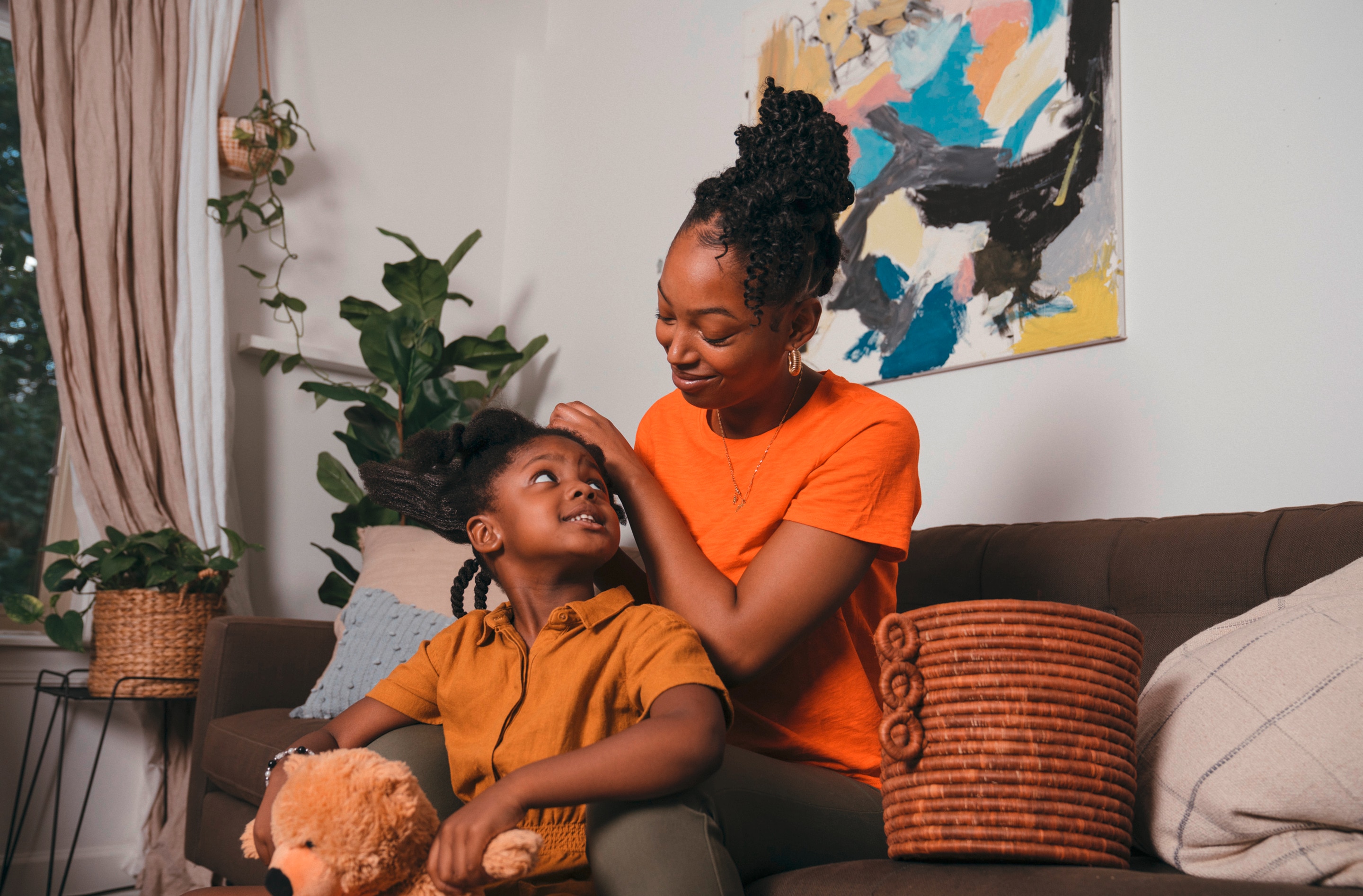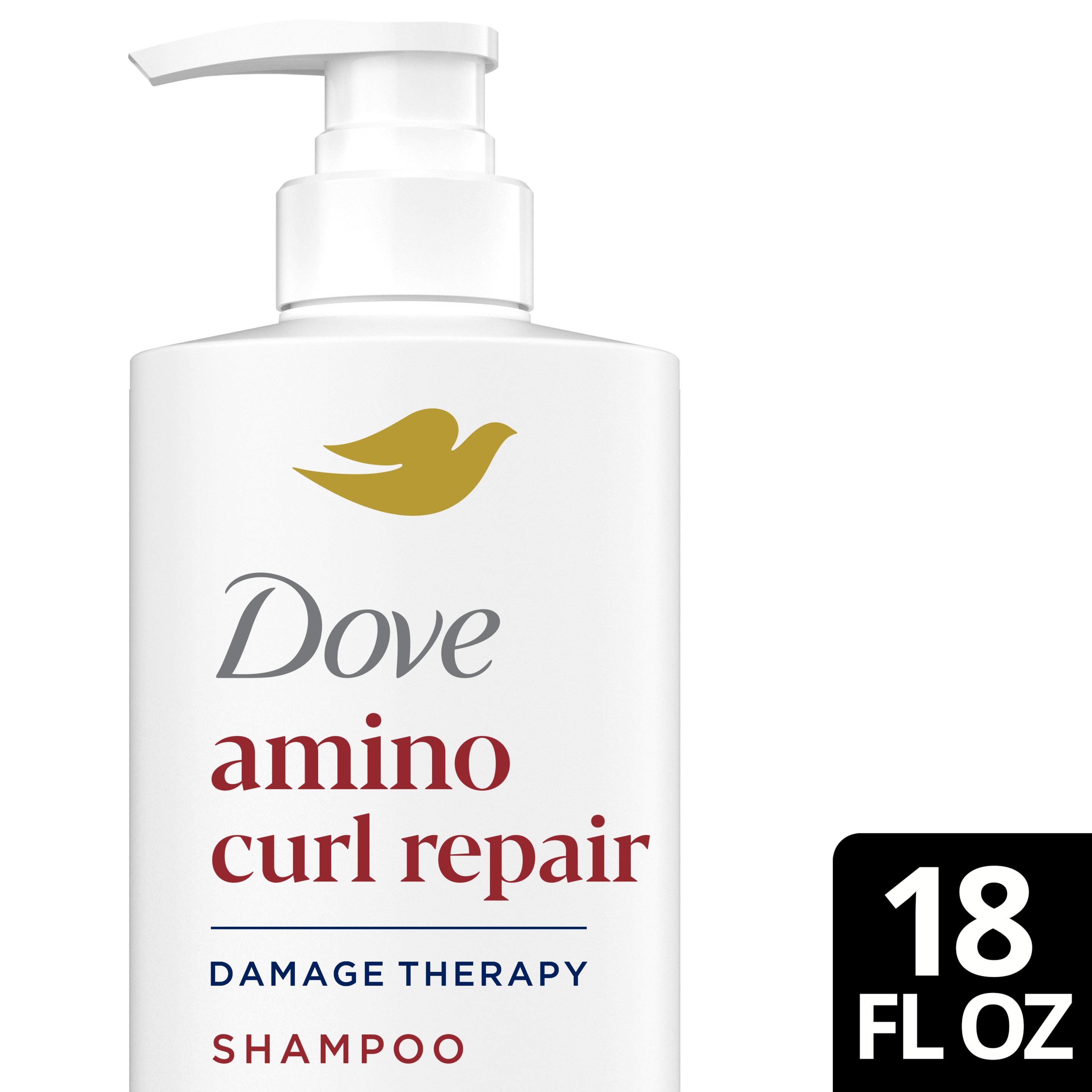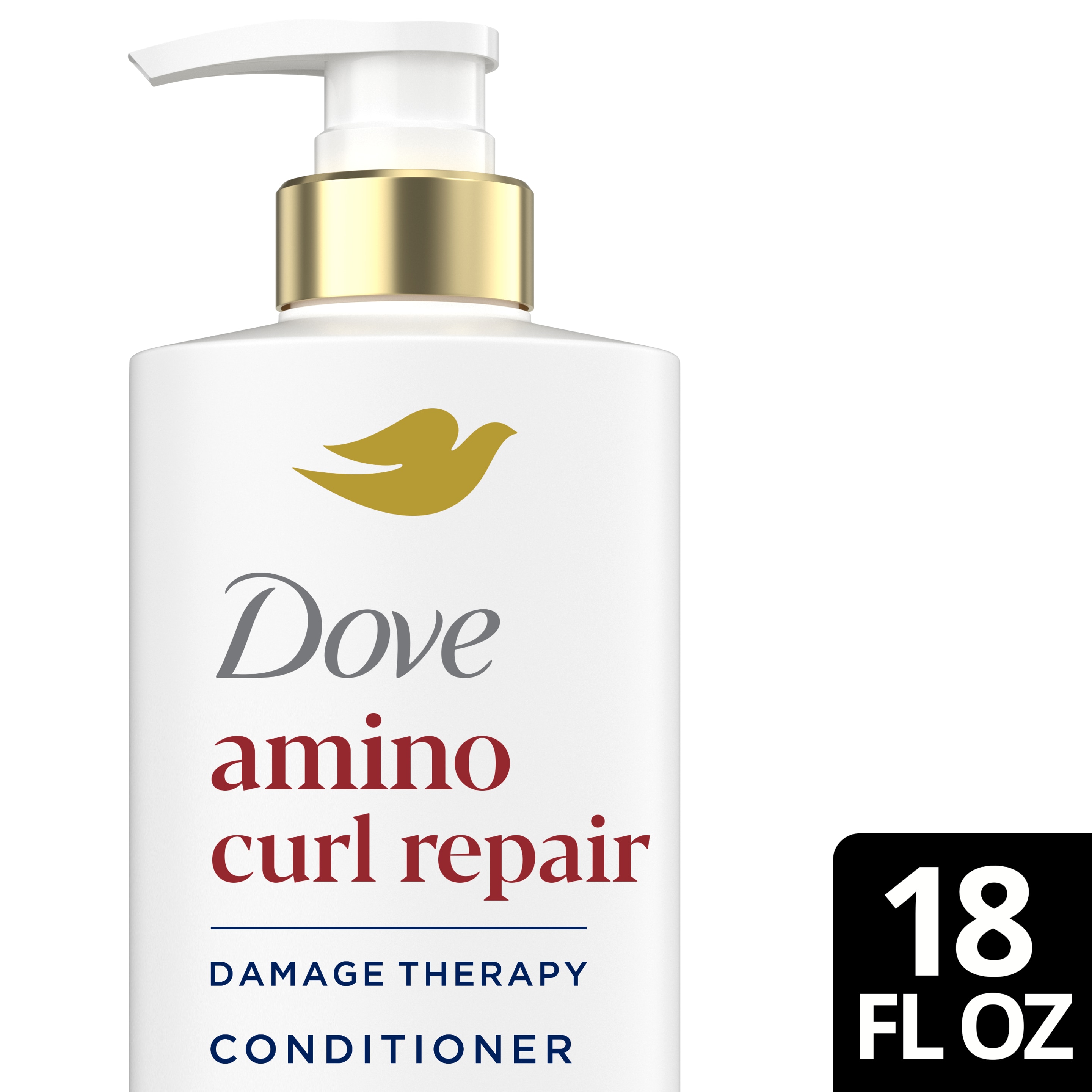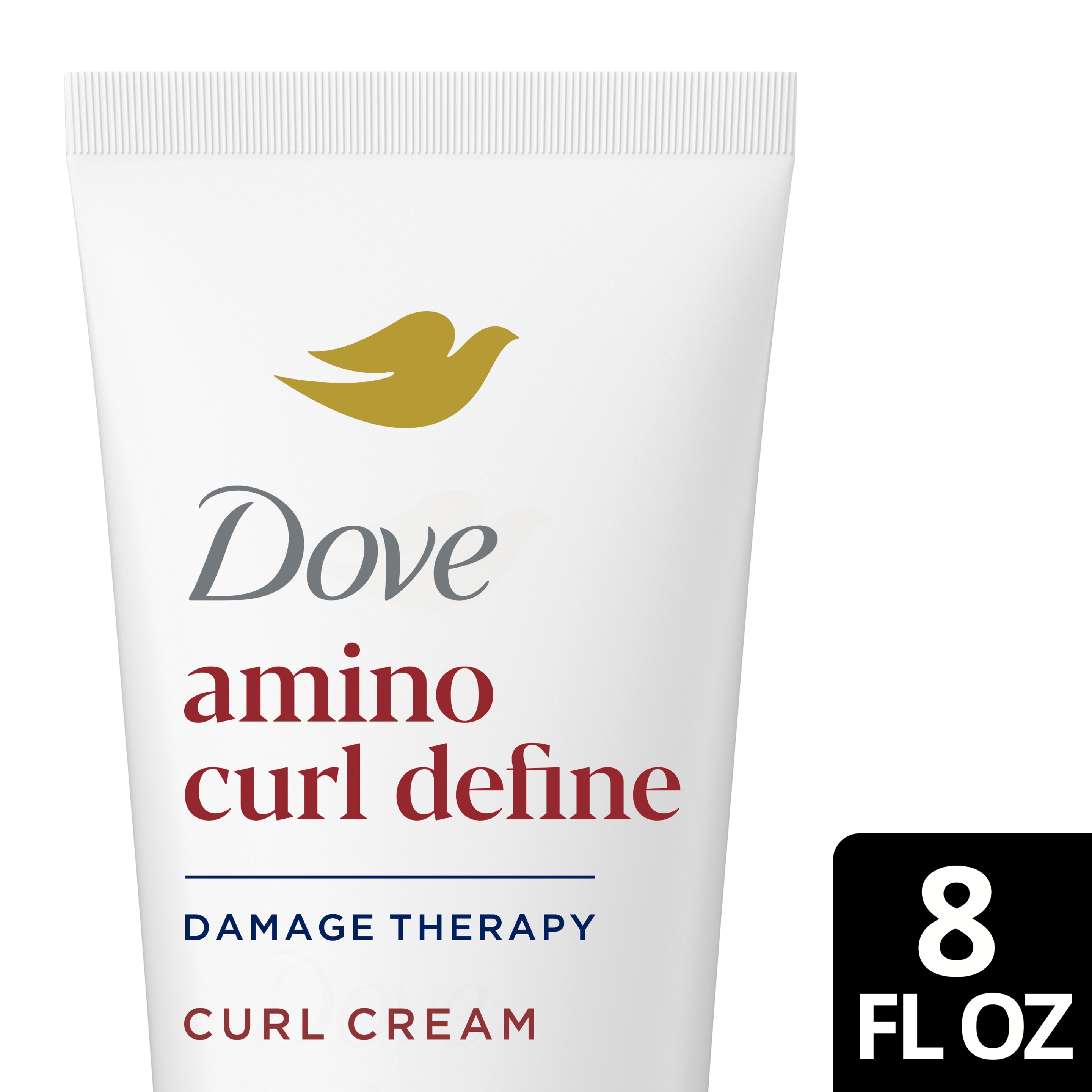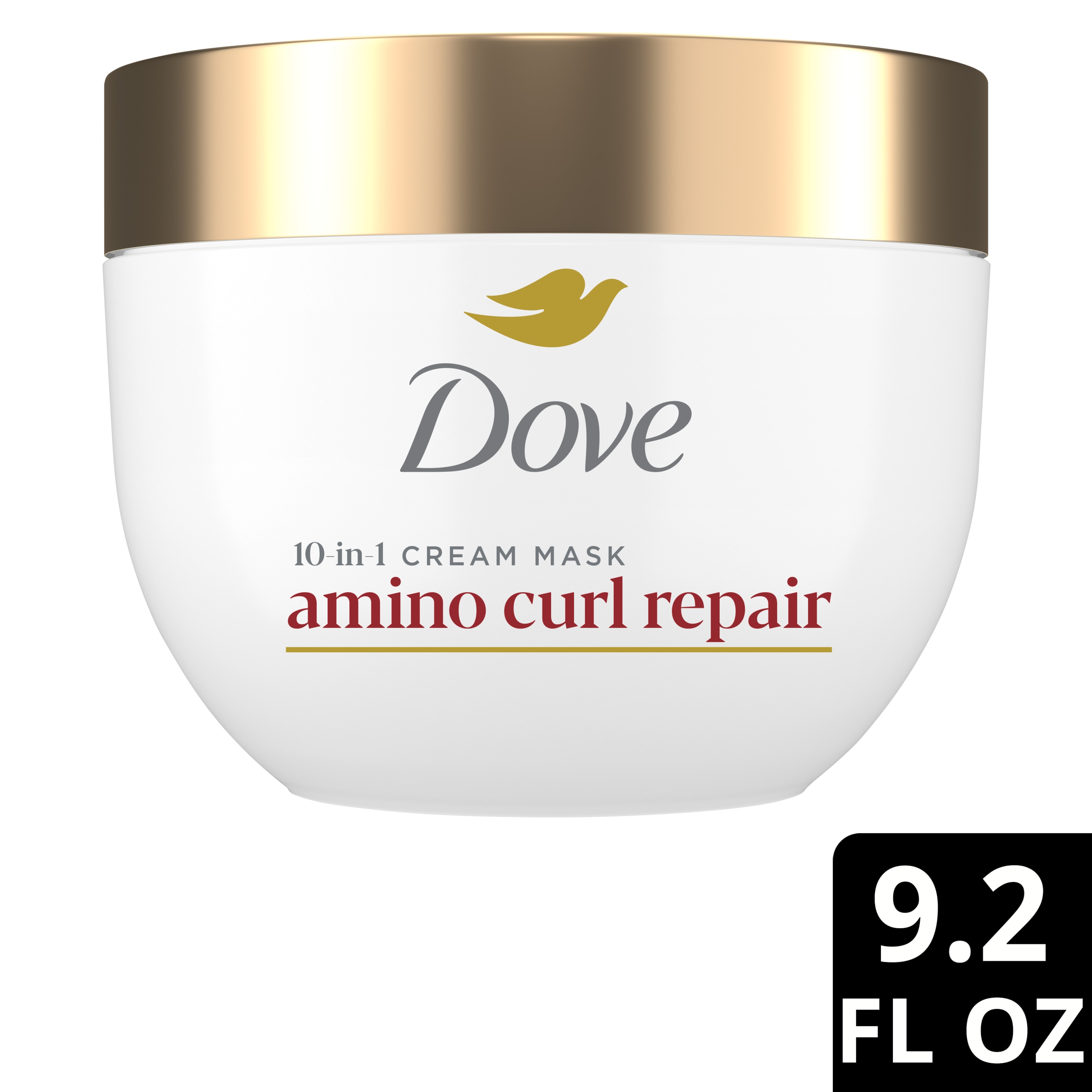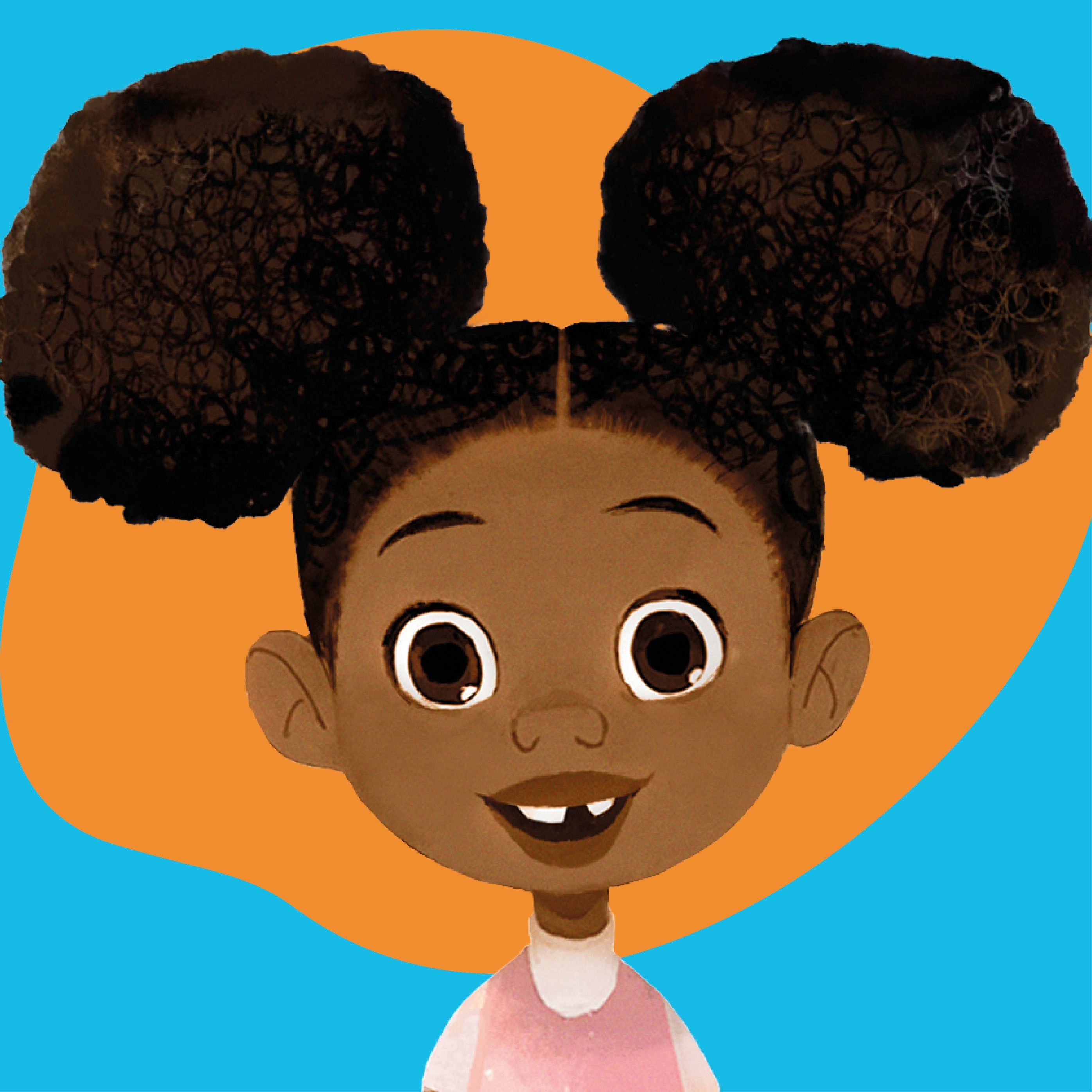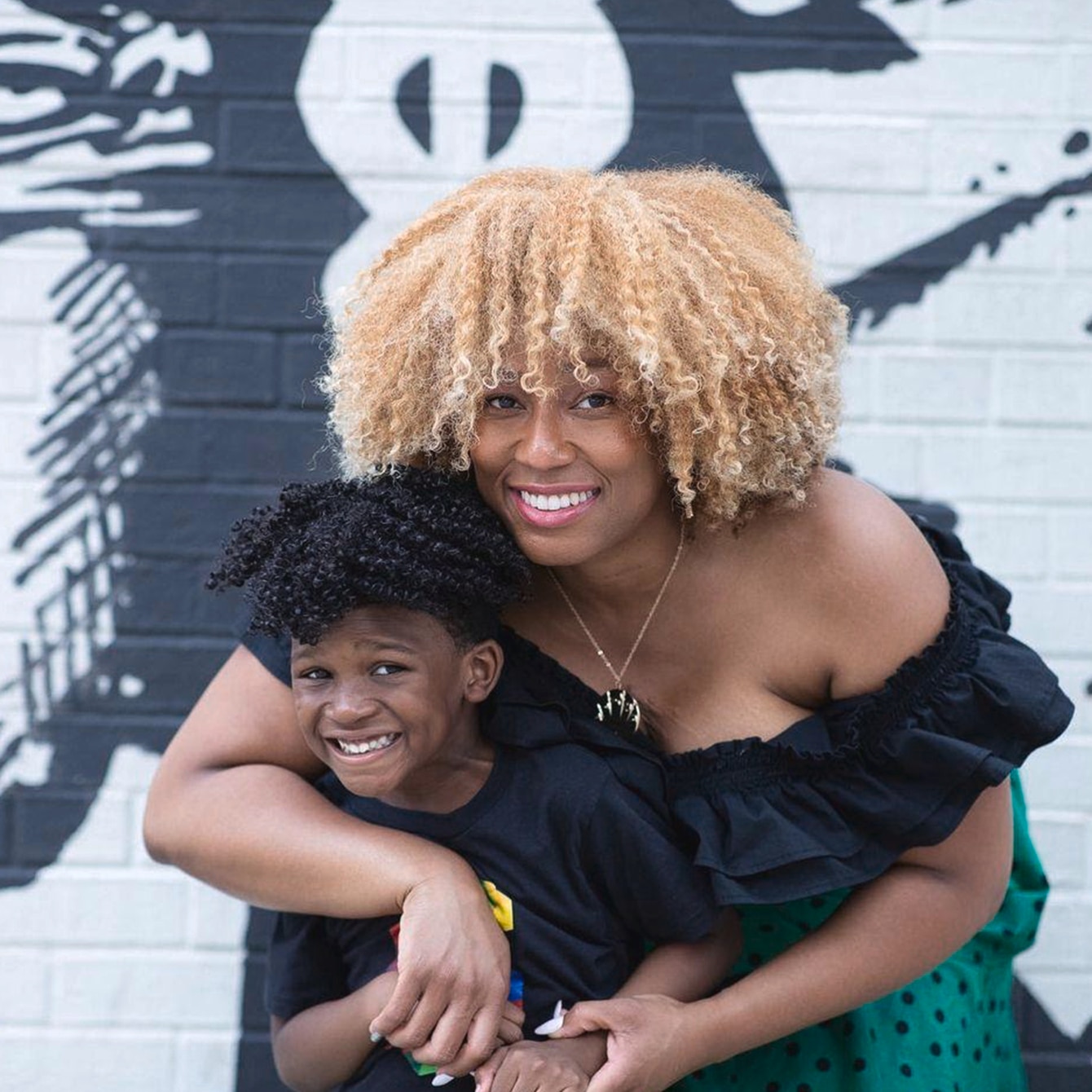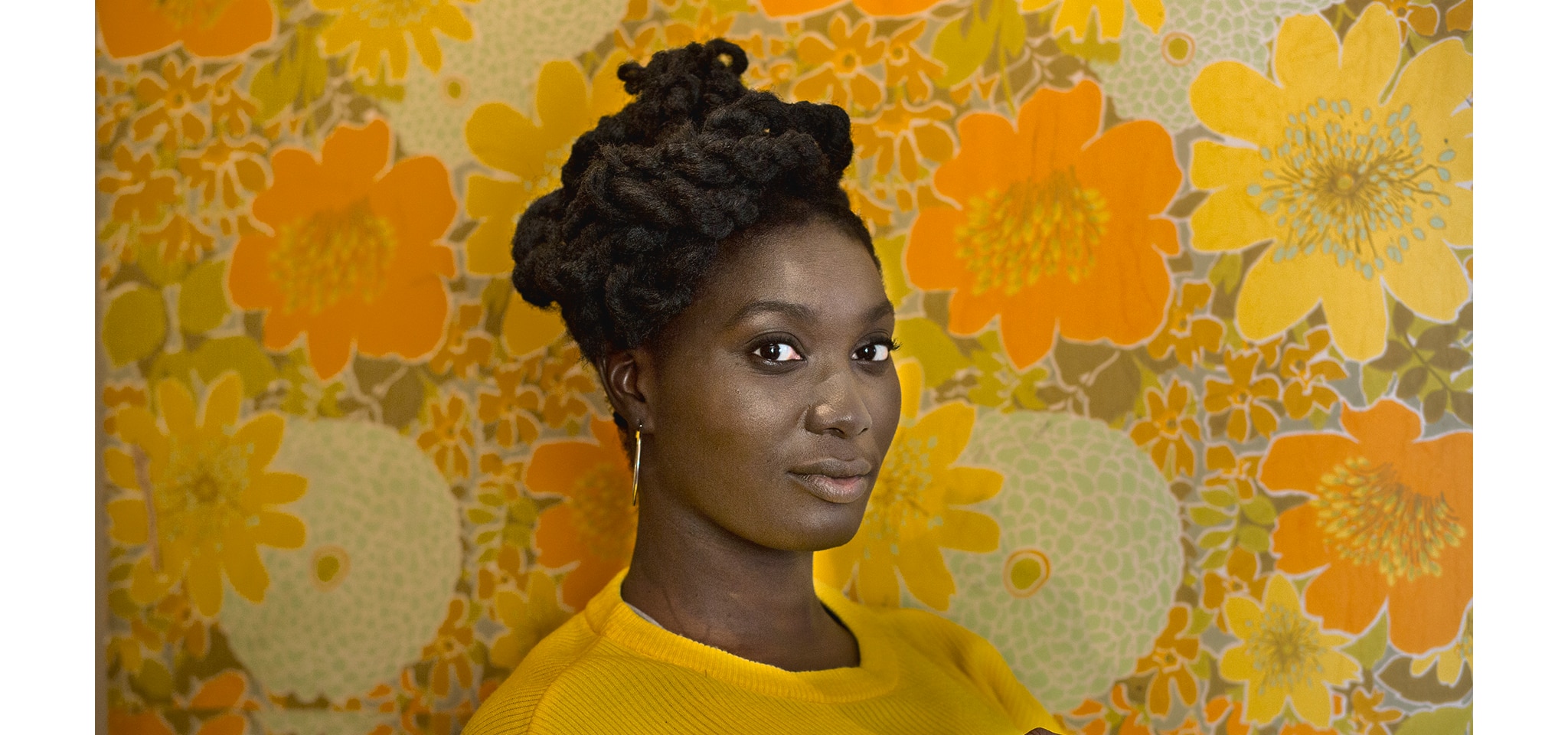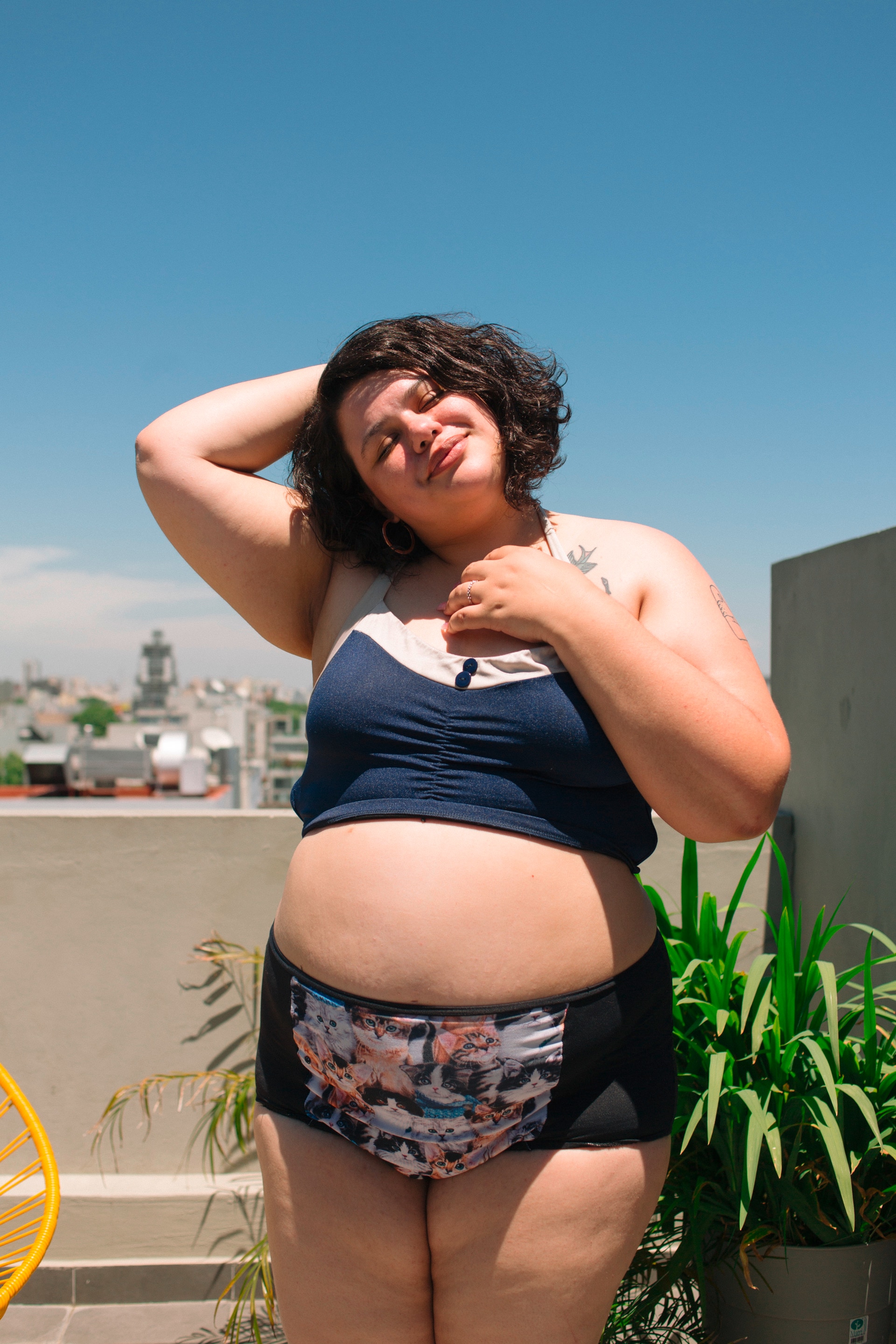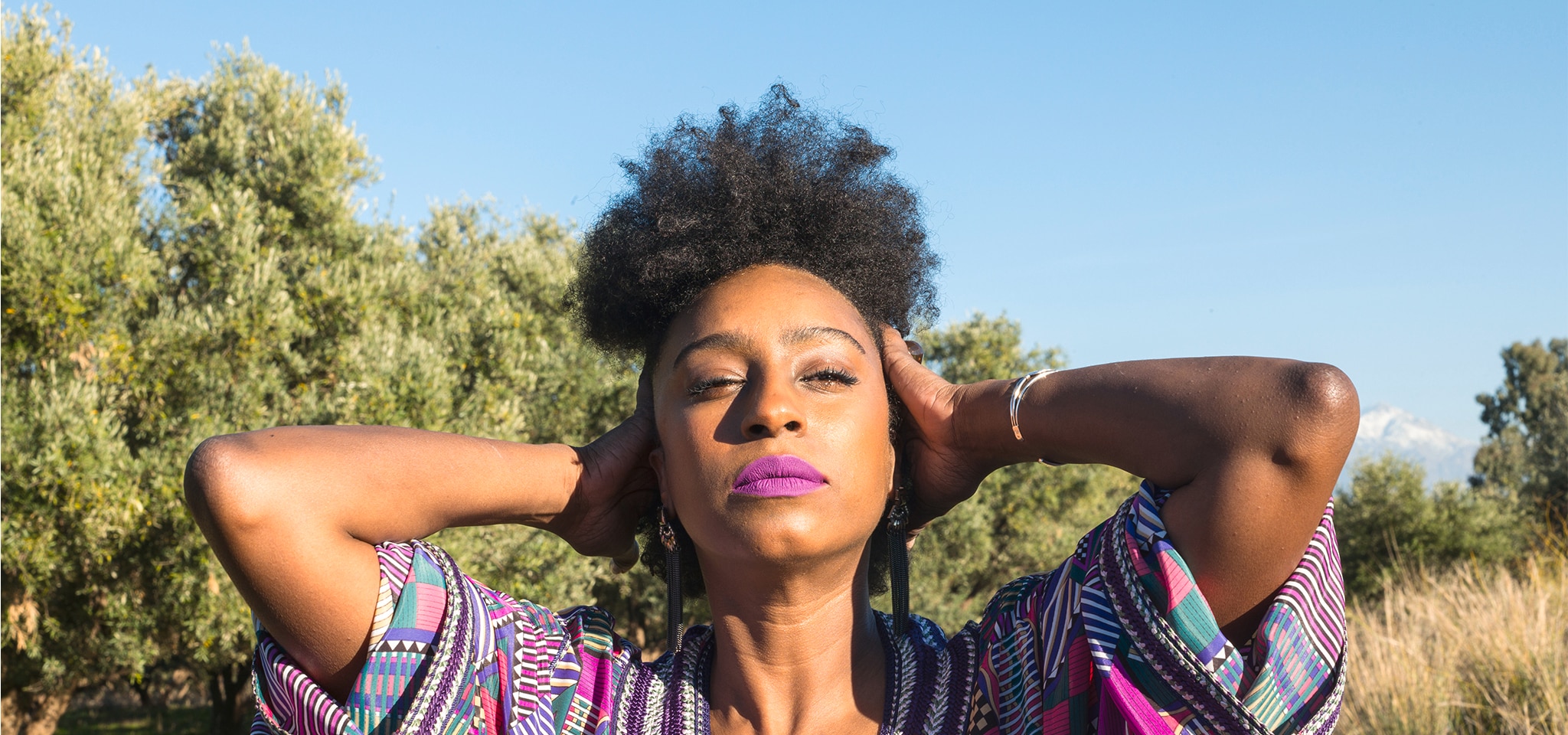The impact
Join the movement to pass The CROWN Act in all 50 states.
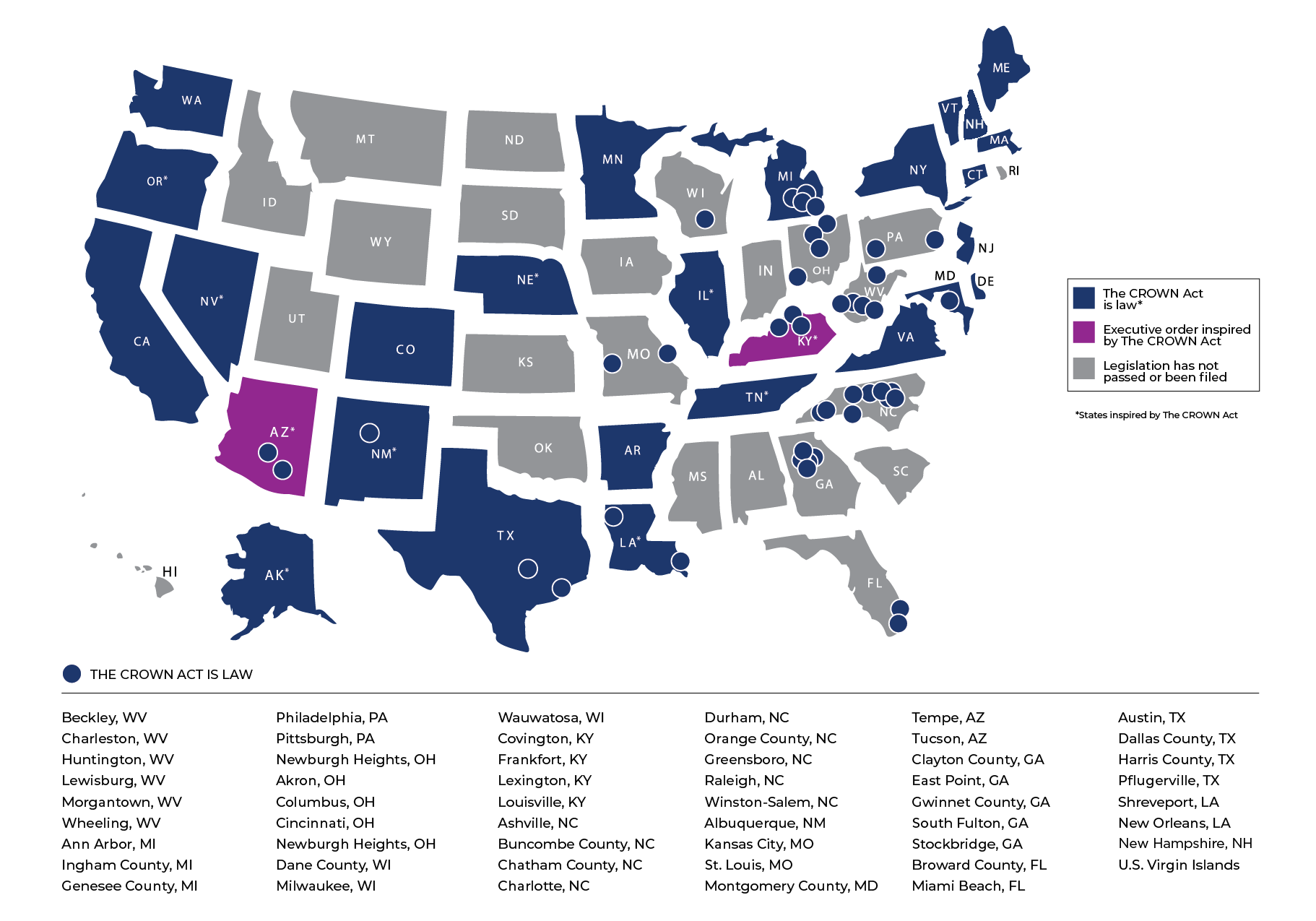
States (*States inspired by THE CROWN ACT)
Alaska
Arizona*
Arkansas
California
Colorado
Connecticut
Delaware
Illinois
Kentucky*
Louisiana
Maine
Maryland
Massachusetts
Michigan
Minnesota
Nebraska
Nevada
New Hampshire
New Jersey
New Mexico
New York
Oregon
Tennessee
Texas
Virginia
Vermont
Washington
Cities, counties, etc.
Akron, OH
Albuquerque, NM
Ann Arbor, MI
Ashville, NC
Austin, TX
Beckley, WV
Broward County, FL
Buncombe County, NC
Charleston, WV
Charlotte, NC
Chatham County, NC
Cincinnati, OH
Clayton County, GA
Columbus, OH
Covington, KY
Dallas County, TX
Dane County, WI
Durham, NC
East Point, GA
Frankfort, KY
Genesee County, MI
Greensboro, NC
Gwinnet County, GA
Harris County, TX
Huntington, WV
Ingham County, MI
Kansas City, MO
Lewisburg, WV
Lexington, KY
Louisville, KY
Miami Beach, FL
Milwaukee, WI
Montgomery County, MD
Morgantown, WV
New Orleans, LA
Newburgh Heights, OH
Orange County, NC
Pflugerville, TX
Philadelphia, PA
Pittsburgh, PA
Raleigh, NC
Shreveport, LA
South Fulton, GA
St. Louis, MO
Stockbridge, GA
Tempe, AZ
Tucson, AZ
U.S. Virgin Islands
Wauwatosa, WI
Wheeling, WV
Winston-Salem, NC
Our initiatives
See some of the actions we’ve taken to create tangible change.
Let’s hear it for your crown
Watch 6-year-old rap sensation VanVan's hair confidence video and listen to the song on streaming platforms.
Why The
CROWN Act matters
Black women continuously face scrutiny and discrimination for hairstyles inherent to our culture. It's unacceptable.
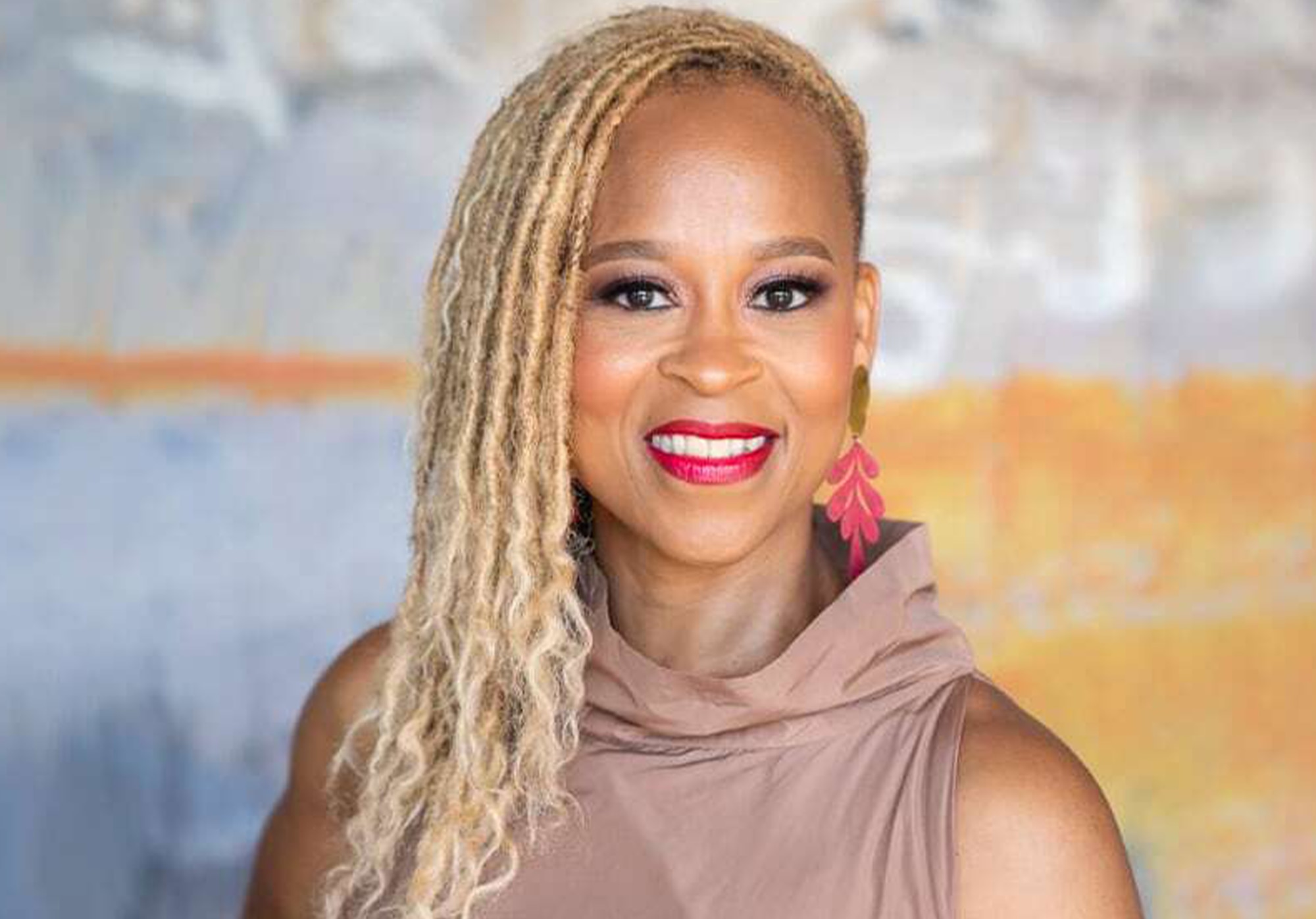
Signed the petition?
Stay involved
More about The CROWN Act
More of Dove's involvement with Racial Equity
We’re committed to championing racial equity and amplifying Black voices.
- slide 1
- slide 2
- slide 3
